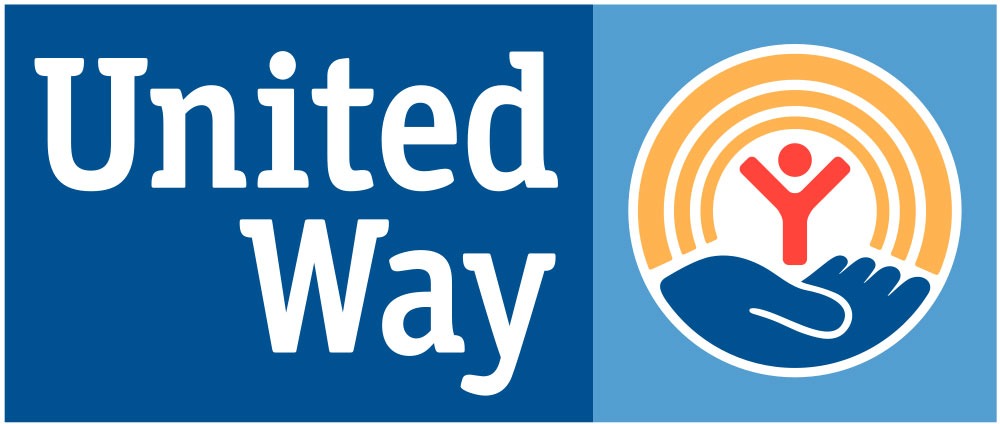
March 14, 2020; Cheboygan News and News Tribune (Jefferson City, MO)
United Ways around the country have been facing a number of challenges in recent years. A recent newswire by Melissa Neptune discussed how the UW in Salt Lake has begun focusing on particular areas of need and become quite hands-on in their approach to funded agencies. In Houston, the local UW has responded to declining donations by “focusing” their giving and re-evaluating funded programs. In Madison, Wisconsin, the UW has also focused its giving in a way that has caused many longstanding affiliates to lose significant amounts of funding quite precipitously. And these are just the most recent cases.
Into this mix, and in the context of the continued decline of the number of small donors, two other United Ways have announced some changes. In one case, the change has come because volunteer leaders at the UW have been around for too long. In the other, it is because they cannot find any volunteer leaders to keep it going.
A report in the Jefferson City News Tribune explored changes at the United Way of Central Missouri. There is a rather complex process at that UW to determine allocation of funds. It involves a team of up to 100 volunteers being split into six panels to review 28 or so nonprofit organizations. That would mean about 16 or 17 volunteers per panel reviewing 4 or 5 nonprofits.
Panelists do site visits at the agencies and bring their findings back to the panel. Any questions that come up are brought back to the agency. Then, there is a deep-dive process, including a face-to-face meeting between leaders of the nonprofit and the panel. The panel then makes a recommendation about funding, including if they believe changes need to be made at the agency. All of this is done prior to an announcement of how much money is available.
The issue is that some people have been at the helm of these panels for as long as 20 years. Only recently has the United Way set a term limit policy and started turning over the membership of these panels gradually.
Sign up for our free newsletters
Subscribe to NPQ's newsletters to have our top stories delivered directly to your inbox.
By signing up, you agree to our privacy policy and terms of use, and to receive messages from NPQ and our partners.
“If you’ve been on a panel for a long time,” the chapter president said, “you might have blinders on about something.” Apparently, there have been a few hard feelings about the changes, but people are coming to accept it and, perhaps, embrace the change.
Interestingly, the nonprofits are not quoted about whether or not they like the change, or if it has meant a change in how the funding is allocated. Is this potentially another example of a United Way explaining why they are cutting funding to some agencies, as we saw in Houston and Madison?
According to its local news source, in Cheboygan County, Michigan, the United Way has closed its doors. According to the report, there are many reasons for the decision to close, but a major issue is a lack of available leadership. Of the six board directors currently serving, four have chosen to retire. Unlike Central Missouri, however, where there was no shortage of people who wanted to help, in Cheboygan they could not find people willing to serve on the board.
That fact, and “the changing face of charitable giving,” have led to the decision to hand over all remaining assets to the local community foundation. The intent is to have the mission of the United Way continue, and for the wishes of the donors to be honored. However, even though there is no mention of whether the annual workplace giving campaign will continue, this will certainly mean a loss of a funding source for some local nonprofits.
The moral of these stories? Perhaps it is that in this ever-changing world in which we live, leadership matters. Perhaps it is more simply that the United Way model is less And less meaningful, and less and less sustainable.—Rob Meiksins











